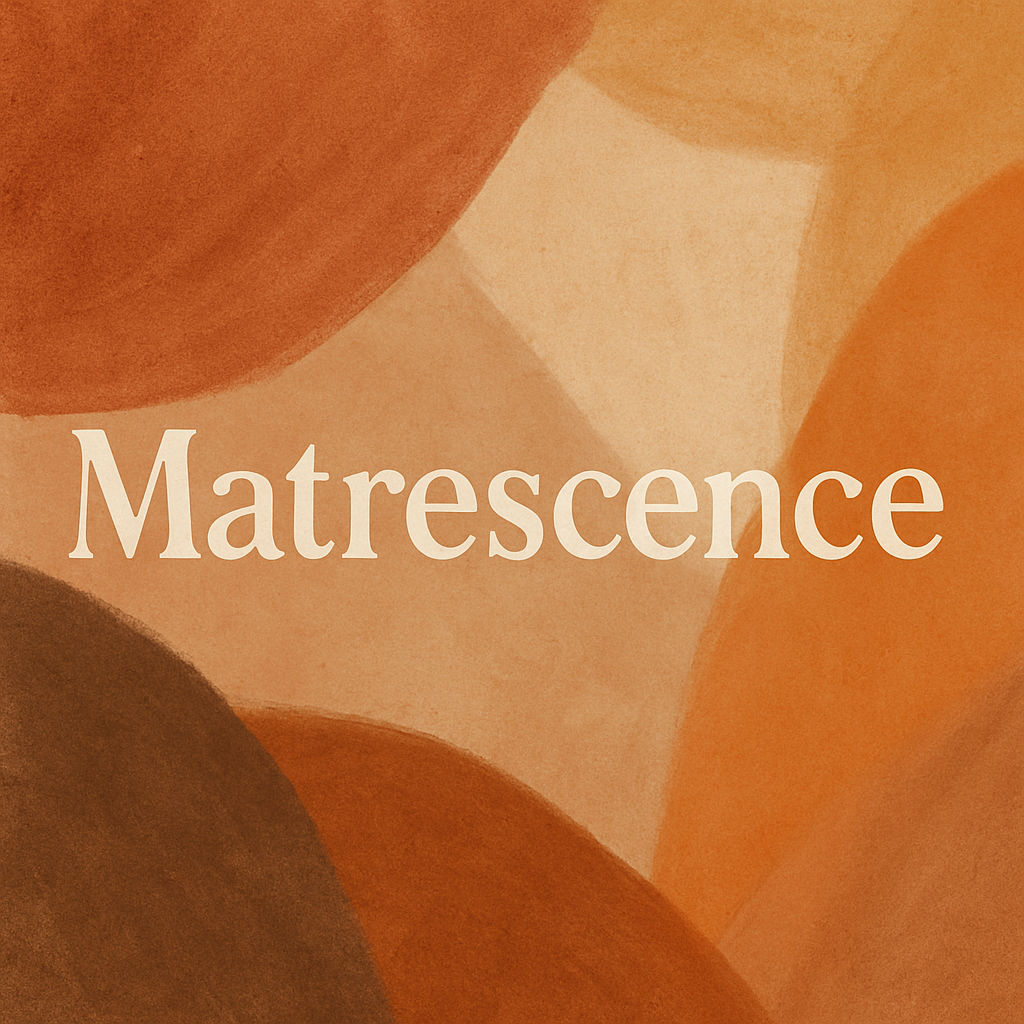Why Plan for the 4th Trimester?
Matrescence - The Becoming of a Mother
1. My own personal experience. I always wanted to work with birth and be a midwife. My own birth and the postpartum led me on the path of supporting after birth. I had no support, set up, no community, I was a vegan, no rest, no body work, I was wired, exhausted and totally burnt out. In another country alone… This led me on the path of remembering the culture of how to do it better. Now, I am in repair for my next transition menopause.
In searching for a better way I trained with all of these amazing mentors below.
2. Rachelle Garcia Seliga — The Innate Traditions
Through Innate Traditions, Rachelle Seliga reminds us that postpartum is not a medical state but a sacred physiological process. Her teachings centre around five universal pillars — warmth, rest, nutrient-dense food, bodywork, and community. All drawn from traditional postpartum systems across the world. When these are honoured, a mother’s body repairs itself, her nervous system recalibrates, and her vitality is restored. When they’re ignored, depletion becomes the default. Rachelle’s work reclaims postpartum care as the foundation for lifelong physical and emotional wellbeing.
3. Dr. Oscar Serrallach — The Science of Repair
Dr. Oscar Serrallach bridges ancestral wisdom with functional medicine. His research in The Postnatal Depletion Cure highlights how pregnancy and birth draw deeply from a woman’s nutrient stores, often leaving lasting deficiencies in iron, zinc, magnesium, B vitamins, and essential fats. Without intentional rebuilding in the fourth trimester, these imbalances can ripple into fatigue, anxiety, and hormonal instability especially during perimenopause. His message is simple but profound: when we restore the mother, we restore her future health.
4. Dr. Gabor Maté — The Emotional Imprint
Dr. Gabor Maté’s Compassionate Inquiry framework reveals how our earliest experiences of conception, birth, and postpartum shape our lifelong patterns of safety, love, and self-expression. He teaches that trauma is not what happens to us, but what happens inside us when we are left alone with pain. In this context, the postpartum period is not only a time for recovery, but also a window for re-patterning inherited imprints. When a mother is seen and supported, her nervous system settles and her child’s does too. Healing the mother becomes an act of healing the lineage.
Why I Truly Believe This Work Matters
The fourth trimester is more than recovery it’s the root system of a woman’s long-term vitality. When mothers are cared for with warmth, nourishment, and rest, their bodies and spirits regenerate. When they’re not, the effects echo for years through energy levels, hormones, and emotional health.
Reclaiming postpartum care is an act of cultural repair. It’s how we begin to build a world where mothers thrive instead of survive where the repair that didn’t happen then can still happen now. Because the way a mother is held shapes everything that comes after..

